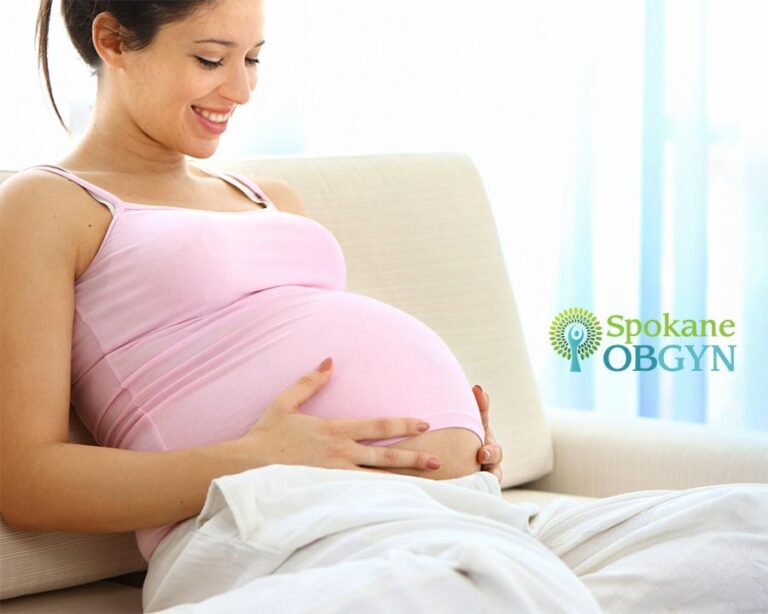By Amery Baker, PA-C
The best answer to this question is: not really.
Natural remedies for treatment of vaginal infection have theoretic science behind them and limited evidence supporting use. When compared to available medications (including over the counter treatments) for vaginal infections, however, they do not help enough for doctor recommendation. Some remedies are even harmful. Here are the most notable natural/ alternative therapies and little about their use:
Vaginal yogurt with honey. Yogurt contains live bacteria and is thought to help restore good bacteria and decrease yeast overgrowth. While the bacteria in yogurt (lactobacilli) is similar to vaginal bacteria, it is not the same. Honey is a natural antibiotic/ antifungal. Small studies show that when yogurt with honey is inserted vaginally it can help a yeast infection in some patients, but is far inferior to antifungal treatments available over the counter. Also, there is a concern that using yogurt vaginally can promote resistant strains of vaginal bacteria.
Probiotics: Probiotics are thought to restore healthy balance of vaginal bacteria. Oral probiotics are generally thought to be safe and are reasonable to try. Using probiotics in the treatment of bacterial vaginosis is showing promise in overseas studies, but they are still inconclusive. Probiotics are not shown to be helpful for a yeast infection.
Garlic. Garlic has natural antifungal properties. Studies show when taken orally, it has no effect on a vaginal infection. There are no studies on the use of garlic vaginally.
Boric Acid: While not natural, this is probably the most used alternative treatment for vaginal infections. The boric acid is thought to restore the natural pH of the vagina, thus promoting the growth of good bacteria. It can be used to treat a vaginal infection if used vaginally. It is better for treatment of yeast than bacterial vaginosis and doesn’t work as well as antibiotics or antifungals. It is a poison if ingested orally and very dangerous if not handled correctly. It is recommended to discuss this option with your doctor before using.
pH douches: Vaginal douching destroys the normal vaginal bacteria. It is not a treatment for a vaginal infection, and is often harmful. It can cause a vaginal infection or worsen an already existing infection.
With little effective natural options, what can you do?
First, practice good vaginal hygiene. Anything that can cause irritation, decrease beneficial bacteria or change the pH in the vagina can make an infection worse. Here are a few things to do to help your body heal.
- Use water only to clean the genitals. Using too much soap, even if it is hypoallergenic, fragrance-free, or for sensitive skin clears the good bacteria and causes irritation on the vaginal mucosa. Bubble baths are also not advised.
- Keep the vaginal area dry. Change out of work out clothing or swim suits as soon as possible. Don’t use minipads or, if you do, change them often.
Second, you can determine what kind of vaginal infection you most likely have. There are common signs that help differentiate between the two most common causes of vaginal infections:
Yeast infections:
- Main symptom is vaginal itching and irritation
- Discharge is either white and thick or there can be an increase in vaginal dryness (especially with intercourse).
- Yeast infections are more common after the use of an antibiotic
Bacterial Vaginosis (BV):
- Main symptom is vaginal odor. The smell is almost always described as “fishy”. This odor is worse after intercourse.
- Discharge is almost always increased and yellow, thin.
- This infection can be associated with mild pelvic cramping.
If you think you have a yeast infection, over the counter treatments are very effective. These include Monistat and Gynelotrimin. If you think you have bacterial vaginosis (BV), there are no over the counter options and a prescription antibiotic is needed. If neither or both seem likely, an exam by your OBGYN is the most beneficial.
Signs that something more severe could be going on:
- Fever
- Irregular vaginal bleeding
- Severe vaginal or pelvic pain
- Recent intercourse with a new partner
Do I have to have an exam?
Most OBGYN doctors encourage an appointment for a vaginal infection due to the many potential causes of vaginitis. While most vaginal infections are related to overgrowth of normal organisms in the vagina, some can be very serious and lead to significant problems. These include chlamydia, herpes, trichomoniasis and other sexually transmitted infections. Getting the right diagnosis decreases healing time and ensures that nothing more serious is the cause. Also, if you are or could be pregnant, you should always check with your doctor before diagnosing or treating a vaginal infection.
If you would like to make an appointment with Spokane OBGYN, please complete our online form or call us.





